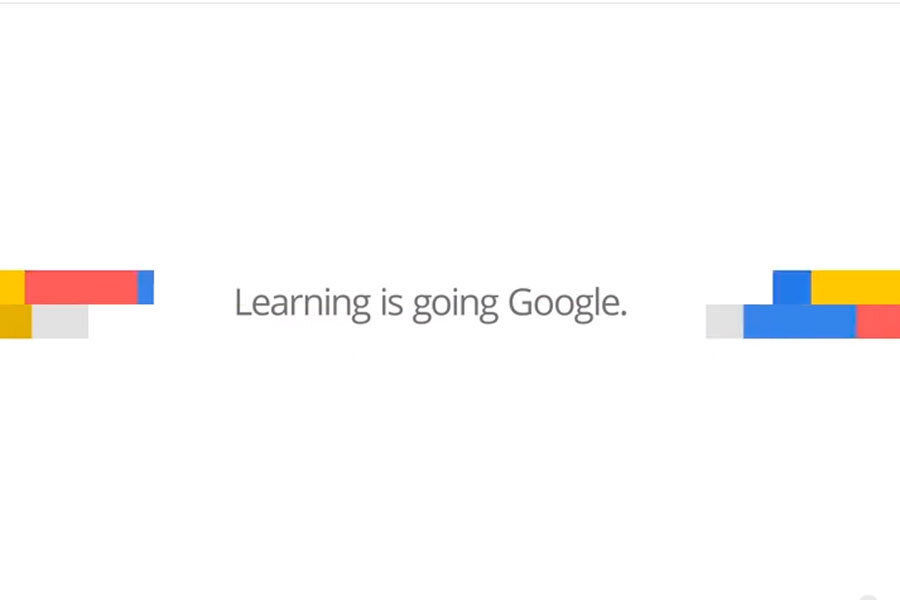Google sees a flawed education system that it has the power to fix, or at least throw money at.
In 2006, the company launched Google Apps for Education, which has since been turned into an entire educational ecosystem. Many of Google’s resources, including YouTube and the Play Store, have been reworked to become valuable educational tools. The company even gave $300 million to its Capital investment arm to advance online learning, making it clear that Google believes the future of education is dependent on the Internet.
While Google’s intentions with education appear to be respectable, the company likely doesn’t just want children to learn, it seems to want to learn about them, as well. Google came under scrutiny last year for collecting student and teacher data that could have been used for targeted advertising. Google says it has stopped scanning the contents of student's e-mails, and even back when it did, that information was never used for advertising.
“[T]here are fundamental privacy implications to Google being active in the world of education, but then there are larger, sort of intellectual and social implications, as well,” says Mr. Vaidhyanathan.
Beginning with early-stage education, Google has shown a focus on what and how young children learn. Its purchase of Launch Pad Toys, which develops digital toys and tools for storytelling, was Google’s way of “doubling down” on child-focused products. Wonder Workshops, formally Play-I, teaches the fundamentals of coding to children with its Dash & Dot robots and have tools that have been used by 150 schools, according to the Wonder Workshop blog.
Google has also funded online students tools such as Desmos, which provides a free, advanced online graphing calculator, and NoRedInk, which helps students improve grammar and writing skills.
But the real heavy-weight investments for Google went to some of the largest players in the education game and provide treasure-troves of personal data.
Renaissance Learning, in which Google Capital owns a minority $40-million stake, is a cloud-based “assessment, teaching, and learning solutions” tool that collects data and statistics on more than 10.7 million students in 60 countries worldwide. Using its STAR assessment tests, which are administered more than 25 million times a year, the program tracks student progress to review if pupils meet school or state standards. Renaissance Learning is looking to expand and recently acquired UClass, the self-proclaimed “Dropbox for education.” UClass is cloud storage for schools and comes pre-loaded with millions of resources for lesson plans contributed from other districts.
Panorama Education is a data analytics company that focuses on K-12 education in the US. The company conducts surveys of students, parents, teachers, and staff to improve the efficiency of education. School districts, charter networks, and state governments all utilize the program, which has made its way into 5,000 schools in 26 states.
Clever is an open software platform – of sorts. The company’s main achievement and selling point has been its single log-in option for educators and pupils. Instead of needing to log in to different educational apps, Clever allows users to sign in just once for full access to digital teaching tools. Around 25,000 US schools – or one in six – currently use the company’s single log-in feature.
“Google is fundamentally in the business of gathering data about everything we think about... so the earlier Google can interact with people, the more that Google understands 5th graders or 10th graders, the better it is positioned in the future to make money off of advertising,” says Mr. Vaidhyanathan. “And there’s nothing wrong with that, per se, but it does ultimately, over time, narrow our field of vision because our dependence on Google will, once filtered by Google, generate more and more results that reflect the way we already think, so we’re less likely to be challenged in the future.”








